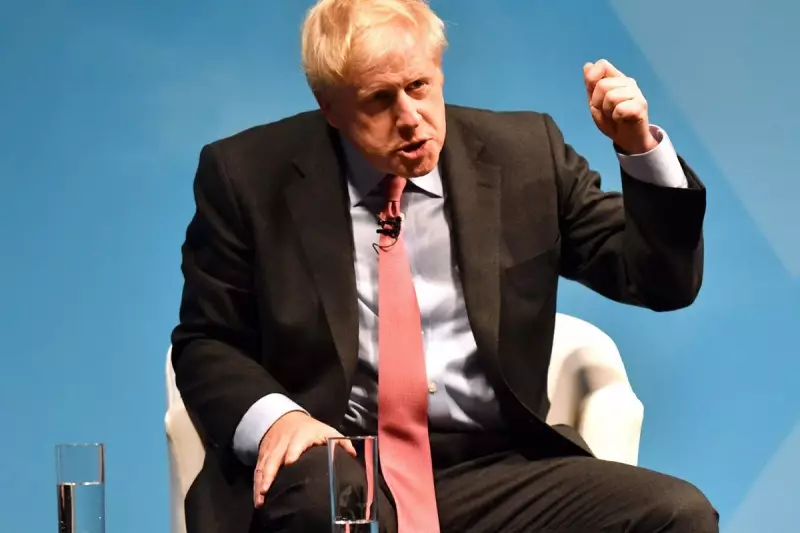
Boris Johnson has sparked fresh controversy by reportedly avoiding a potentially explosive interview with veteran political interviewer Andrew Neil. The former Prime Minister's team is said to have blocked the confrontation as Johnson simultaneously pushes for a prestigious state visit for former US President Donald Trump.
The move has raised eyebrows across Westminster, with critics suggesting Johnson is attempting to evade tough questioning about his political future and his controversial support for Trump's UK state visit. Neil, known for his forensic and uncompromising interviewing style, has previously grilled numerous senior Conservative figures.
Timing Raises Political Questions
Sources indicate the proposed interview was scheduled as Johnson intensifies his campaign to bring Trump to Britain on a full state visit - complete with the royal pomp and ceremony that such occasions entail. This puts the government in an awkward position, having previously resisted calls for such an honour during Trump's presidency.
Political analysts suggest Johnson's avoidance of Neil's scrutiny reflects concerns about having to defend both his own record and his alignment with the controversial former US president. The timing appears particularly strategic, coming at a moment when Johnson seeks to re-establish his influence within Conservative circles.
Background of Confrontation
Andrew Neil has built a formidable reputation for holding powerful figures to account through his incisive interviewing technique. His previous encounters with senior politicians have become defining moments in British political journalism, making his programme a crucial platform for those seeking credibility.
Johnson's decision to sidestep this opportunity comes despite his reputation as a skilled media performer. Critics argue this avoidance suggests vulnerability on key policy areas and his relationship with Trump, while supporters maintain it represents sensible media strategy given current political priorities.
The developing situation continues to generate significant discussion about accountability, transparency, and the changing nature of political media engagement in modern British politics.





